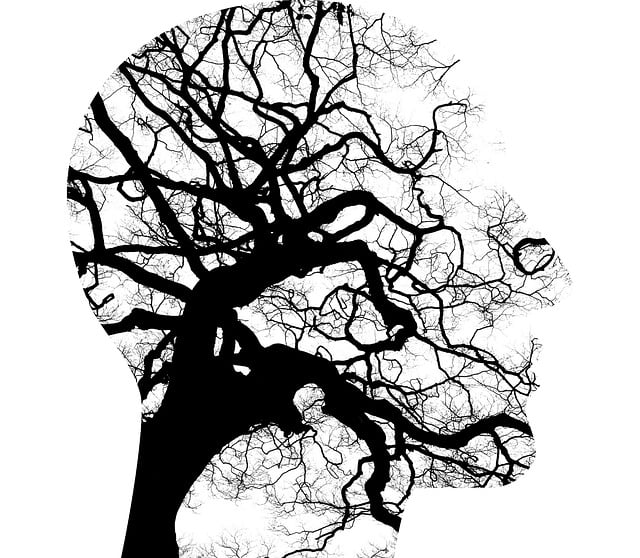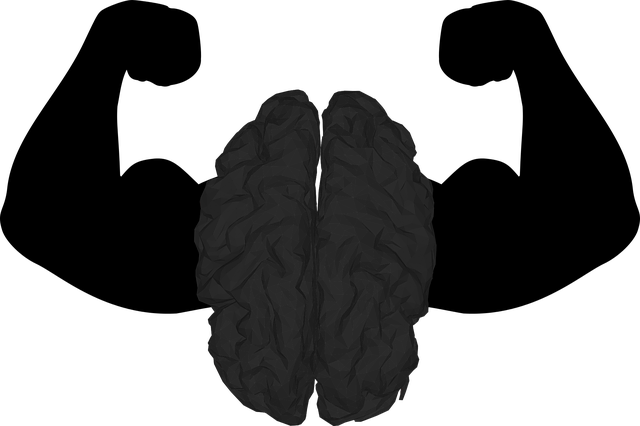Aurora Major Life Transitions Therapy is a specialized approach addressing trauma's impact on mental well-being during life changes. Recognizing that trauma effects vary, this therapy offers safe spaces for emotional processing and growth through tailored journaling, conflict resolution, and expert guidance. Tailored interventions like social skills training and CPT/EMDR enhance resilience, foster trust, and holistically address complex needs. By equipping individuals with coping mechanisms and building supportive communities, Aurora Major Life Transitions Therapy contributes to long-term mental wellness and healthier, more resilient societies.
“Trauma, an indelible mark on the human psyche, demands specialized support systems. This article explores the multifaceted approach to addressing trauma through the lens of Aurora Major Life Transitions Therapy. We delve into the profound impact of trauma on individuals and communities, highlighting the critical role therapy plays in healing.
From understanding trauma’s intricacies to implementing effective care strategies, this guide offers insights into building resilient communities. By exploring access points for support services, we aim to empower folks to navigate life’s transitions with strength.”
- Understanding Trauma and Its Impact on Individuals
- The Role of Aurora Major Life Transitions Therapy in Trauma Support
- Effective Strategies for Providing Trauma-Informed Care
- Building Resilient Communities: Accessing and Utilizing Trauma Support Services
Understanding Trauma and Its Impact on Individuals

Trauma is a profound and complex experience that can have lasting effects on an individual’s mental and emotional well-being. It stems from various sources, including severe accidents, violent acts, natural disasters, or even significant life changes. These events can trigger intense feelings of fear, helplessness, and distress, leading to what is commonly known as post-traumatic stress disorder (PTSD). Aurora Major Life Transitions Therapy recognizes that trauma affects people differently; some may exhibit immediate symptoms, while others might not show signs until years later.
Understanding the impact of trauma is crucial in providing effective support. Mental health professionals must be equipped with strategies to help clients process and overcome these challenges. This involves creating a safe space, fostering cultural sensitivity in mental healthcare practice, and incorporating tailored interventions. By integrating risk management planning for mental health professionals and organizing stress management workshops, individuals can learn coping mechanisms and rebuild their resilience, ultimately navigating life’s transitions more smoothly.
The Role of Aurora Major Life Transitions Therapy in Trauma Support

Aurora Major Life Transitions Therapy plays a pivotal role in trauma support services by offering individuals a safe and structured space to process and heal from past traumas. This therapy is designed to help clients navigate complex emotional landscapes, fostering mental wellness through tailored journaling exercises and guidance on conflict resolution techniques. By integrating these practices, Aurora’s approach facilitates the emotional healing processes necessary for profound transformation.
The therapy focuses on major life transitions, recognizing that traumatic experiences can disrupt one’s sense of self and direction. Through expert facilitation, clients develop coping mechanisms to manage symptoms and regain a sense of control. By combining introspective exercises with practical conflict resolution strategies, Aurora Major Life Transitions Therapy equips individuals with the tools they need to thrive, even in the face of adversity.
Effective Strategies for Providing Trauma-Informed Care

Providing trauma-informed care requires a nuanced approach that respects and understands the complex nature of traumatic experiences. One effective strategy is to create a safe and supportive environment, where individuals feel heard, validated, and respected. This involves active listening, non-judgmental attitudes, and ensuring confidentiality to foster trust. Training mental health professionals in risk assessment for trauma symptoms and mental health challenges is crucial.
At Aurora Major Life Transitions Therapy, we go beyond initial assessment by offering tailored interventions such as social skills training to help individuals navigate relationships and support networks. Additionally, integrating depression prevention strategies can significantly aid in managing co-morbid conditions often associated with trauma. By combining these methods, our services aim to holistically address the needs of those seeking healing from traumatic events, promoting their long-term well-being.
Building Resilient Communities: Accessing and Utilizing Trauma Support Services

Building resilient communities involves equipping individuals with the tools to navigate and overcome traumatic experiences. Accessing trauma support services is a pivotal step in this process. Aurora Major Life Transitions Therapy offers specialized programs designed to foster healing and resilience among those who have endured significant traumas. By integrating evidence-based practices, such as cognitive processing therapy (CPT) and eye movement desensitization and reprocessing (EMDR), the therapy provides individuals with effective coping mechanisms and enhanced emotional intelligence.
Utilizing these services doesn’t just benefit the individual; it strengthens the social fabric of communities. Social skills training becomes an integral part of trauma support, helping individuals reintegrate into their communities, rebuild relationships, and contribute to a more supportive and understanding environment. Effective risk management planning for mental health professionals is crucial in ensuring that trauma support services are accessible, safe, and tailored to meet diverse needs, ultimately paving the way for healthier, more resilient communities.
Trauma support services, such as Aurora Major Life Transitions Therapy, play a pivotal role in helping individuals navigate and recover from traumatic experiences. By adopting trauma-informed care strategies, we can build resilient communities that better equip folks to handle life’s challenges. Understanding the profound impact of trauma and its various manifestations is essential, as is ensuring accessible and effective support systems for all who need them. Through continued education and collaborative efforts, we can foster environments that promote healing and well-being for everyone.














